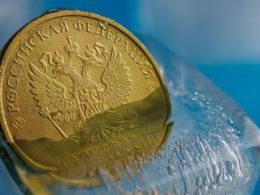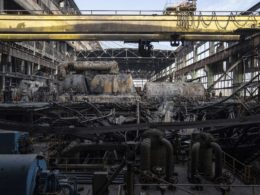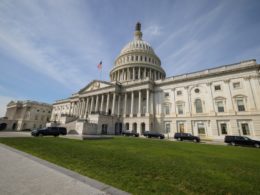Marchenko noted that tax revenues in the first half of 2023 had exceeded forecasts, with customs payments up 68% in the first half of 2023 versus 2022.
Since the beginning of the year, Ukraine borrowed $8.2 billion on domestic markets and received $23.6 billion in international financial aid, which helped avoid monetary financing for already seven months.
The minister stressed, “the importance of predictable, rhythmic budget support from G7 countries next year amid the uncertainty of war.” He welcomed the EU’s recent €50 billion aid proposal over four next years.
Frozen Russian assets must be used
Marchenko asserted that frozen Russian assets should fund the reconstruction of Ukraine as Russia must pay for its crimes.
Given that none of the existing mechanisms of global intergovernmental organizations ensure consideration of reparations cases, Ukraine is actively taking measures to create a unique international compensation commission. In particular, the Summit of the Council of Europe, held in Reykjavik on 17 May, created a Register of Damage for Ukraine, leading to confiscation of nearly $300 billion of Russian assets held in Western countries.
The main goal is to pay real compensation to the victims at the expense of the aggressor. The compensation fund created within the framework of this mechanism will be the only fund to which the frozen Russian assets should be directed. The special compensation mechanism will operate on the basis of an international agreement, which will be developed by Ukraine together with the countries that supported the resolution of the UN General Assembly.
The Council of Europe makes the first step to compensate Ukrainian war losses using Russian assets







